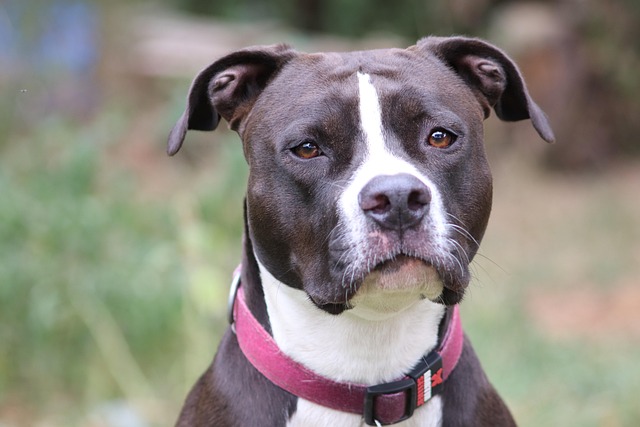If you’ve ever noticed your dog suddenly shaking their head like a wet towel, or pawing at their ear until it’s red and sore, you might’ve wondered if they’re just being “naughty.” New dog owners, like my friend who has a 2-year-old Cocker Spaniel named Ruby, often misread these signs. Ruby started ignoring commands during walks, yelping when her ear was touched, and even snapped at the groomer trying to brush near her head. My friend thought she was acting out—until the vet found a painful ear infection. The truth is, dogs often “act up” when they have ear infections, but it’s not bad behavior—it’s their way of saying something hurts.
Ear infections in dogs cause intense discomfort: itching, pain, and sometimes even muffled hearing from inflammation or fluid buildup. Breeds with floppy ears (like Ruby) or lots of ear hair are more prone because their ears stay moist, creating a perfect home for bacteria or yeast. When a dog’s ear hurts, they might shake their head to relieve pressure, paw at the area to scratch the itch, or avoid being touched near the ear. Some even become grumpy or restless—think of how irritable you get with a bad earache. Ruby’s vet explained that her sudden defiance wasn’t stubbornness; the pain made her too uncomfortable to focus on training cues.

If you suspect an ear infection, start by checking for telltale signs: redness inside the ear, a bad smell, or dark discharge. Avoid sticking anything (like cotton swabs) into the ear canal—you could make it worse. Instead, gently wipe the outer ear with a warm, damp cloth and call your vet. They’ll prescribe drops or antibiotics to clear the infection. While treating Ruby, my friend used positive reinforcement to keep her calm: she gave tiny treats when Ruby let her apply the ear drops, turning a stressful task into a bonding moment. In apartments, keep your dog’s ears dry after baths or walks in the rain—use a clean towel to gently dry the outer ear, and avoid letting water pool inside.
Caring for a dog with an ear infection ties into responsible pet ownership. Keep their rabies vaccine current—all U.S. states require it, and a healthy dog is better able to fight off infections. When walking, carry poop bags (fines for littering hit $150 in many cities) and keep your dog on a short leash if they’re pawing at their ear—you don’t want them to scratch too hard and hurt themselves. In shared spaces, be patient if your dog is fussy during greetings; other owners will understand they’re not feeling well. Never scold a dog for acting out due to pain—they can’t communicate differently, and kindness helps them heal faster. With quick treatment and a little empathy, your dog will be back to their happy self in no time.






